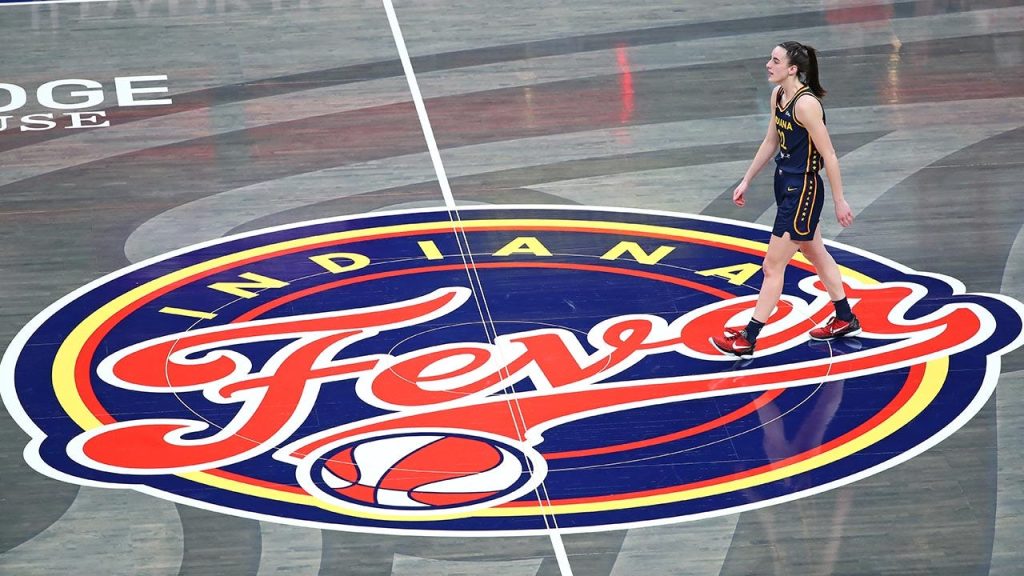Nate Silver, the founder of FiveThirtyEight, sparked controversy on social media after criticizing the Indiana Fever’s nickname during the WNBA’s opening week. Silver questioned the appropriateness of naming a sports team anything related to a fever. Fans and journalists responded by pointing out other sports team names that may seem unconventional, including those based on socks and lakes. NBA reporter Ethan Strauss also suggested aligning WNBA team names with NBA counterparts for better coherence.
The Indiana Fever played against the New York Liberty in their third game of the season, attracting attention to Silver’s comment. Despite the backlash, some fans agreed with Silver’s sentiment and suggested creative alternatives like the “PaceHers.” The discussion around the WNBA team names comes on the heels of calls for greater cohesion with NBA team names to simplify branding and recognition among fans. Strauss suggested that using similar team names could help the WNBA establish a stronger connection with the NBA, where the league functions as a subsidiary.
The debate over WNBA team names highlights the ongoing conversation about the league’s identity and relationship with the NBA. While some suggest changing team names to align with NBA counterparts for clearer branding, others defend the unique identities established by WNBA teams. Journalists and fans weigh in on the discussion, offering creative suggestions like the “W Pacers” as a potential alternative. The question of whether WNBA team names should mirror those of NBA teams reflects broader conversations about gender, branding, and visibility in sports.
The controversy sparked by Nate Silver’s comments on the Indiana Fever’s nickname underscores the complexities of naming conventions in sports leagues. While some may find the name unconventional, others argue that unconventional team names add to the diversity and uniqueness of sports. The suggestion to change WNBA team names to align with NBA teams raises questions about gender, identity, and representation in professional sports. As the WNBA gains more attention, discussions about team names and branding strategies are likely to continue.
While Ethan Strauss proposed the idea of renaming WNBA teams to match NBA counterparts for simplicity, others see value in maintaining the distinctiveness of WNBA team names. The debate surrounding team names reflects broader discussions about gender representation and the role of women in sports. Some fans and journalists emphasize the importance of preserving the history and identity of WNBA teams through their unique names. As the WNBA continues to grow and evolve, conversations about branding, identity, and representation are crucial for shaping the league’s future direction.
Overall, the discussion around WNBA team names, sparked by Nate Silver’s comments, highlights broader conversations about sports branding, identity, and representation. While some argue for aligning WNBA team names with NBA teams for coherence, others see value in maintaining the uniqueness of current team identities. The controversy prompts reflections on gender, diversity, and visibility in professional sports and invites stakeholders to consider how team names impact fan identification and league recognition. As the WNBA navigates its relationship with the NBA and strives for greater visibility, discussions about team names will likely continue to be a topic of interest and debate within the sports community.


